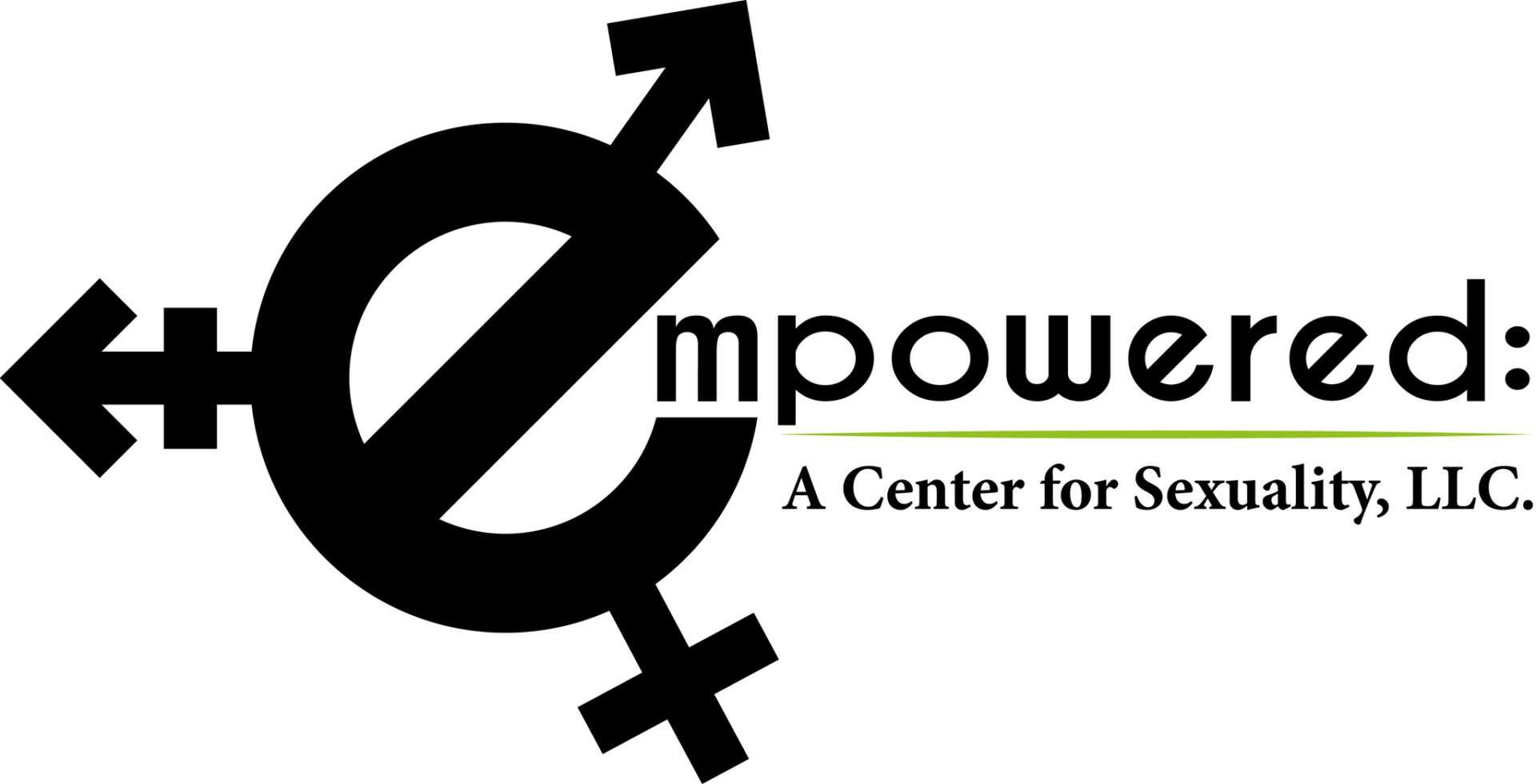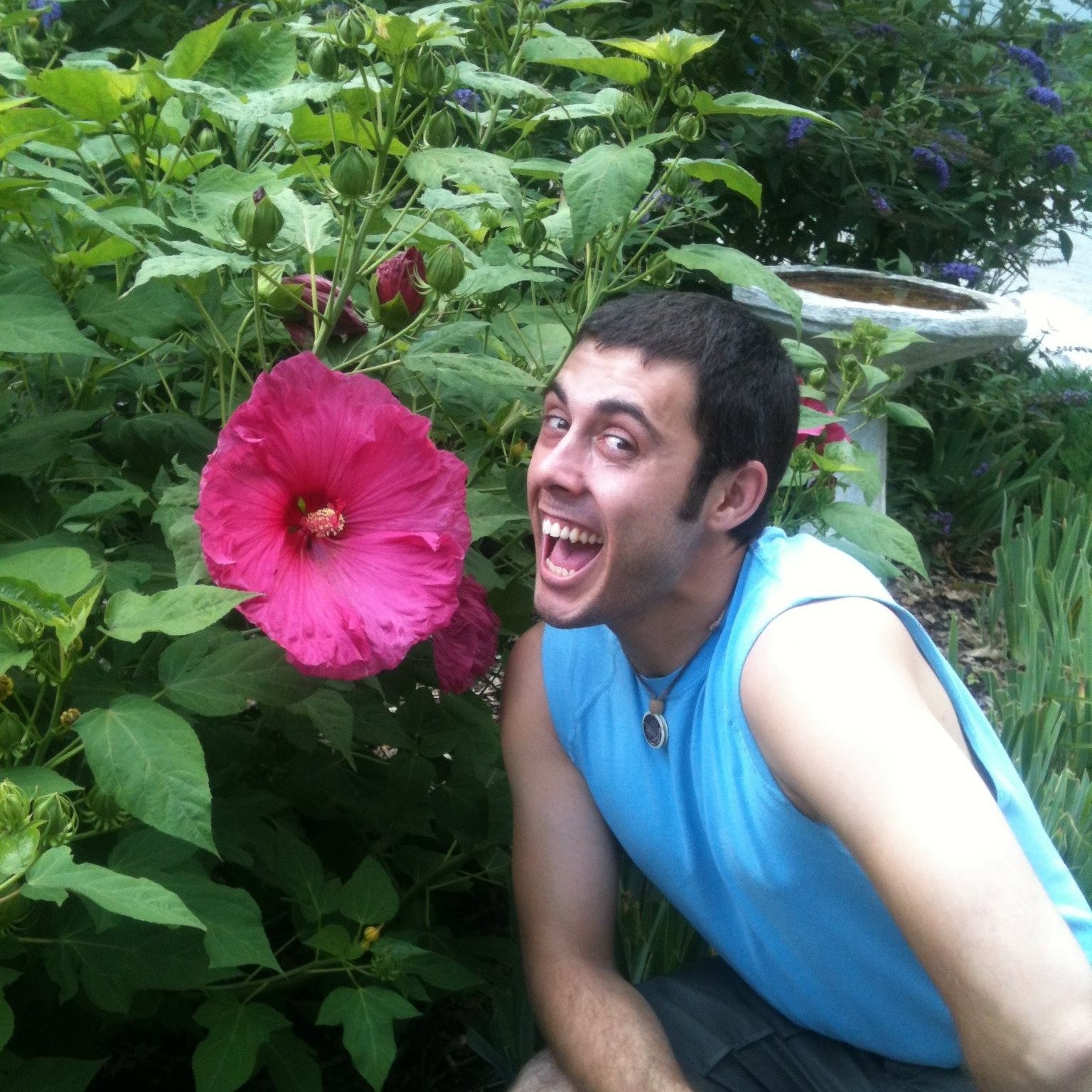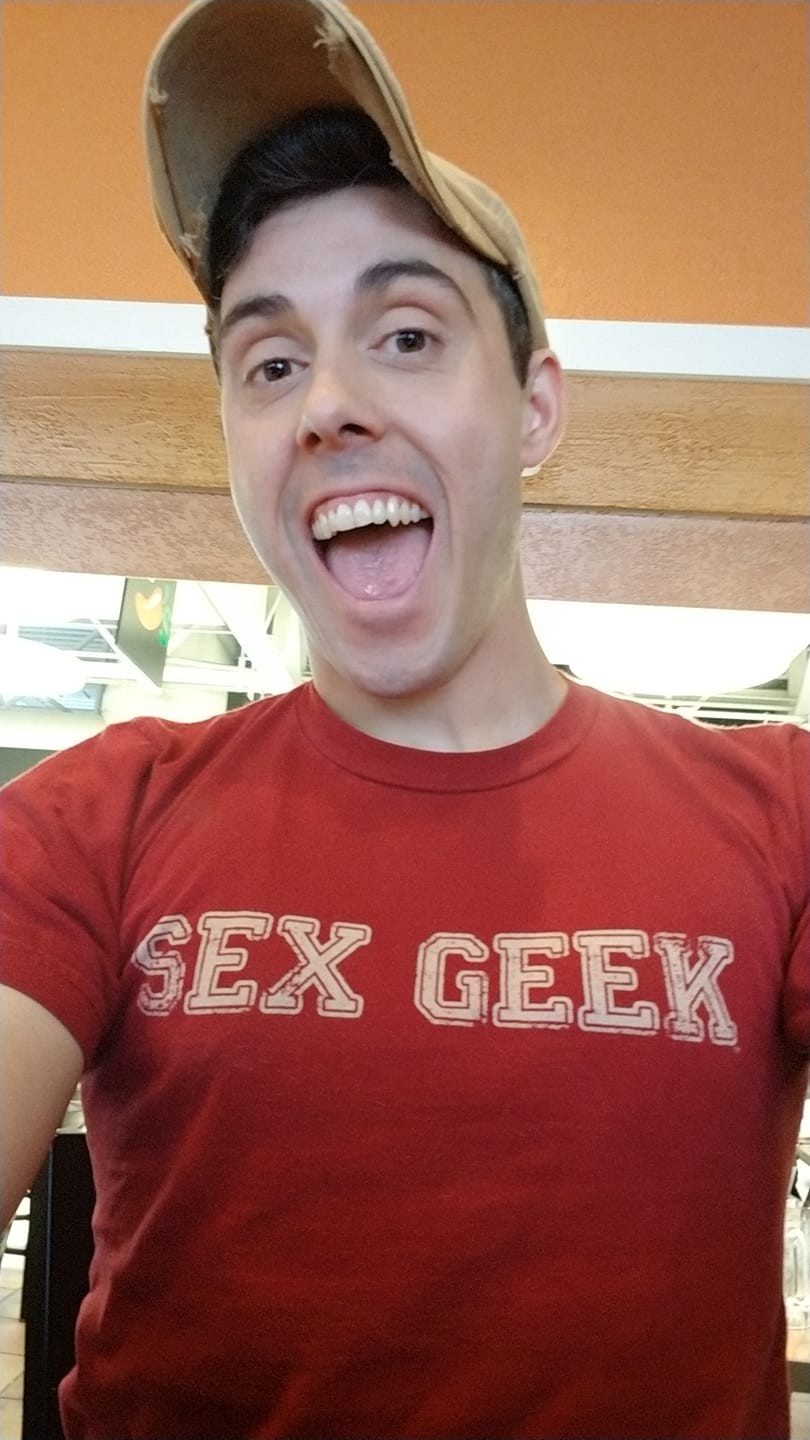Alright – so today we’ve got the honor of introducing you to Nicholas Maio-Aether, MAMFT, MSPSY, LBA, CSC, BCBA. We think you’ll enjoy our conversation, we’ve shared it below.
Alright, Nicholas thanks for taking the time to share your stories and insights with us today. Let’s go back in time to when you were an intern or apprentice – what’s an interesting story you can share from that stage of your career?
When I was first beginning my initial (of 3) practicum experiences, I was entering into the field of Applied Behavior Analysis (ABA) at an agency that focused solely on life skills and behavioral interventions for persons with disabilities. I was a Practicum Student, green to the field of ABA, but I had a skill no one else at my agency did: I was a trained sex educator, having opted to receive training in such when I was still in high school. Because of this, I was given a high-profile, intensive case as my first-ever experience with ABA, and under the guidance of my supervisors, I combined my knowledge with newfound skills.
The application of behavior-analytic methodology allowed me to work with this client and instruct them on: privacy of private parts; what to keep private and in one’s own room; to avoid sexual touch attempts with staff and roommate; how to engage in solo stimulation in a safe, private environment; sexual hygiene. As a result, we saw a reduction in severely maladaptive behaviors and an increase in private adaptive behaviors. Such began the establishment of my career as one of the country’s first Behavior Analysts to focus entirely on sexual and sociosexual behaviors, bringing affirming care to a field that otherwise hasn’t had much focus in this area.


Nicholas, before we move on to more of these sorts of questions, can you take some time to bring our readers up to speed on you and what you do?
I got into Sexual Behavior Analysis/SBA because I wanted to find a way to assist as many people as possible with sex and relationships through solid, empirically-validated methodology. What I found was a field (Applied Behavior Analysis/ABA) with no real history of addressing sexuality or gender, and in the rare instances where such was addressed in the literature, I noted it was often constrictive and sex-negative (i.e., punishment-focused; aligned with conversion therapy). As a queer human, myself, I found this to be disheartening — and also a clear area in which I could make a difference.
I focused all my studies during by ABA schooling on sexual and sociosexual behaviors, and I took on as many sexuality-related cases as I could during my initial practicum. I also joined the American Association of Sexuality Educators, Counselors, and Therapists, and entered into a Sex Therapy practicum, increasing my skills related to both sexological and therapeutic work. I also obtained a second Masters in Marriage & Family Therapy/MFT and focused that practicum on developing a LGBTQIA+ specialization. I also have been taking Continuing Education (CEs) since 2013, when I licensed as a Behavior Analyst, and have focused nearly all of that on sexuality and gender, as well. I certified as a Sexuality Counselor with AASECT in 2022, and am now also the current Bylaws Chair for the organization, through June 2024.
I now offer SBA as an uplifting and experiential alternative to traditional Sex Therapy for individuals, couples, and polycules, and I work with nearly anyone queer or straight, vanilla or kinky. I work to affirm humans in their values and ability to control their own behaviors by letting go of hangups with thoughts and feelings, being empowered to make the most of even unideal circumstances, and to refrain from urges to engage in behavior that is value misaligned and/or illegal. My clients range from neurotypical to neurodiverse, with about 1/2 my clients having some form of Intellectual Disability or a diagnosis of Autism.
In addition to my clinic, Empowered: A Center for Sexuality LLC, I also co-own a national training program “Certified Behavioral Sexologist (CBS/CBS-C)”, which provides demonstrable proof of training and supervised practicum experiences for people working in the subfield of SBA.
What do you think helped you build your reputation within your market?
This is a tricky one, so bear with me and my perspective!
When I first started doing work in Sexual Behavior Analysis (SBA) back in 2012, there was no “SBA” term — this was a novel thing being done in our field, based upon just the few behavior-analytic journal articles available at the time and my combined experience as a sex educator and with that information. I remember being told by someone, “Don’t let anyone know what you’re doing. It’s important, but they won’t understand and it could destroy any chance you have at a career.” This, while said to be helpful, was truly telling of the culture in disability-aligned services — a culture in which sex and gender are not to be addressed, and where clients are sometimes treated like children (i.e., infantilized), resulting in them never receiving sex ed and preventing access to sexual opportunites.
I became extremely vocal at that point! Instead of hiding, I began presenting on what I was doing. I began offering assistance to other Behavior Analysts at the local level. I began training others. Eventually, I (and my former business partner) opened the world’s first SBA Clinic, Empowered: A Center for Sexuality LLC. After receiving state and insurance contracts, we took off, and in the pandemic, we went national through telehealth.
It was really then, during the pandemic, that I went from locally-known to nationally recognized in ABA-related circles, as I began consulting across the US and offering trainings in SBA. It’s a major difference from 10 years ago — the first national SBA conference was in 2021 and had 1000 attendees! We also now have hundreds of Behavior Analysts working to increase their competency in affirming sexuality and gender care.


We’d love to hear a story of resilience from your journey.
When I was 22, just a week prior to graduating with my Bachelor’s and entering the USAF as an officer, I found out I had HIV. By the time I had been diagnosed, I had lesions on my legs. I obviously did not meet physical requirements to move forward with my military career. I also still had to pass my finals. And I had to go through and call my previous partners and tell them, scaring them and incurring their judgments — even though one of them had given to me and I did not know whom. I found out my T-Cell count was 224/1200 and was nearing AIDS levels; at my next check-in, I hit 200 (tip of AIDS). My prognosis was not good.
I spent the next 6 months recovering from the impact of no immune system combined with intense side effects from virulent medications, called a cocktail. During this time, many friends and even family members expressed I could get on disability, stop working, and just enjoy what time I had ;left. I refused to stop working, even enrolling in school online. I spent very little time hanging out — most time was working, writing papers, or sleeping. I was sleeping about 12-13 hrs/day, but I still got all my work done. I even kept up with my chores, although I often had to take breaks.
Upon completion of my first Master’s degree, I felt an intense sense of satisfaction, of pride — I defied the odds. I was still alive, I was getting healthier by making wise choices and adhering to my cocktail regiment, and I was doing all of this on my own, for myself, because I finally had learned to love myself and value my life. And then, I just kept going and still haven’t stopped.
We have one life to live. I’m proud of how I am spending mine.
Contact Info:
- Website: www.empoweredcenter.com
- Instagram: @streganick
- Linkedin: https://www.linkedin.com/in/nicholasaether/
- Twitter: @AetherianN
- Other: https://www.psychologytoday.com/us/therapists/nicholas-maio-aether-saint-louis-mo/736783


